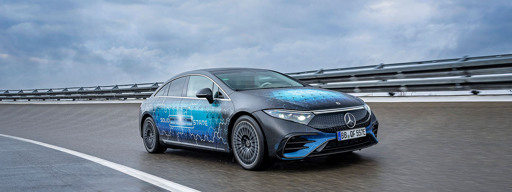Superionic materials have spawned hope for a new generation of power packs for electric cars, with a promise of greater range, faster charges and more safety. But scaling up won’t be easy.
archived (Wayback Machine)
There is the new MG4 that has semi solid state batteries.
Do they have better energy density than current tech?
Edit: googled it. Yes. Around twice as energy dense as Li-ion.Solid state batteries are fine but no, I will not be spending more to have one. I’ll be just fine with current BEV tech.
The cost per kwh to manufacture a BEV battery has been drastically falling due to mechanical design changes, chemistry changes, etc. Very little of this drop was due to the raw materials themselves getting cheaper. In 2010 a Nissan leaf’s pack was 25 kwh, which meant the pack alone likely cost more than what Nissan charged for the car. Even if it didn’t it likely made up the highest $$ in the BOM by a very wide margin.

These falling prices are part of the reason so many EVs, are on the market, why ranges have been growing, etc.
From a capabilities perspective, current BEV is fine in my eyes. But if cost falls and/or range increases with more incremental changes I won’t complain.
The implications of solid state batteries go way beyond just electric vehicles, but we’ve been hearing about them for decades at this point so I will be eternally skeptical, until I see them driving around for 5+ years without any major and widespread issues.
You have to wonder why they haven’t shown up in electronics like earbuds, laptops, phones etc.
Nope. These packs need to be made in clean rooms closer to chip fabs. They will be on >$100K cars.



